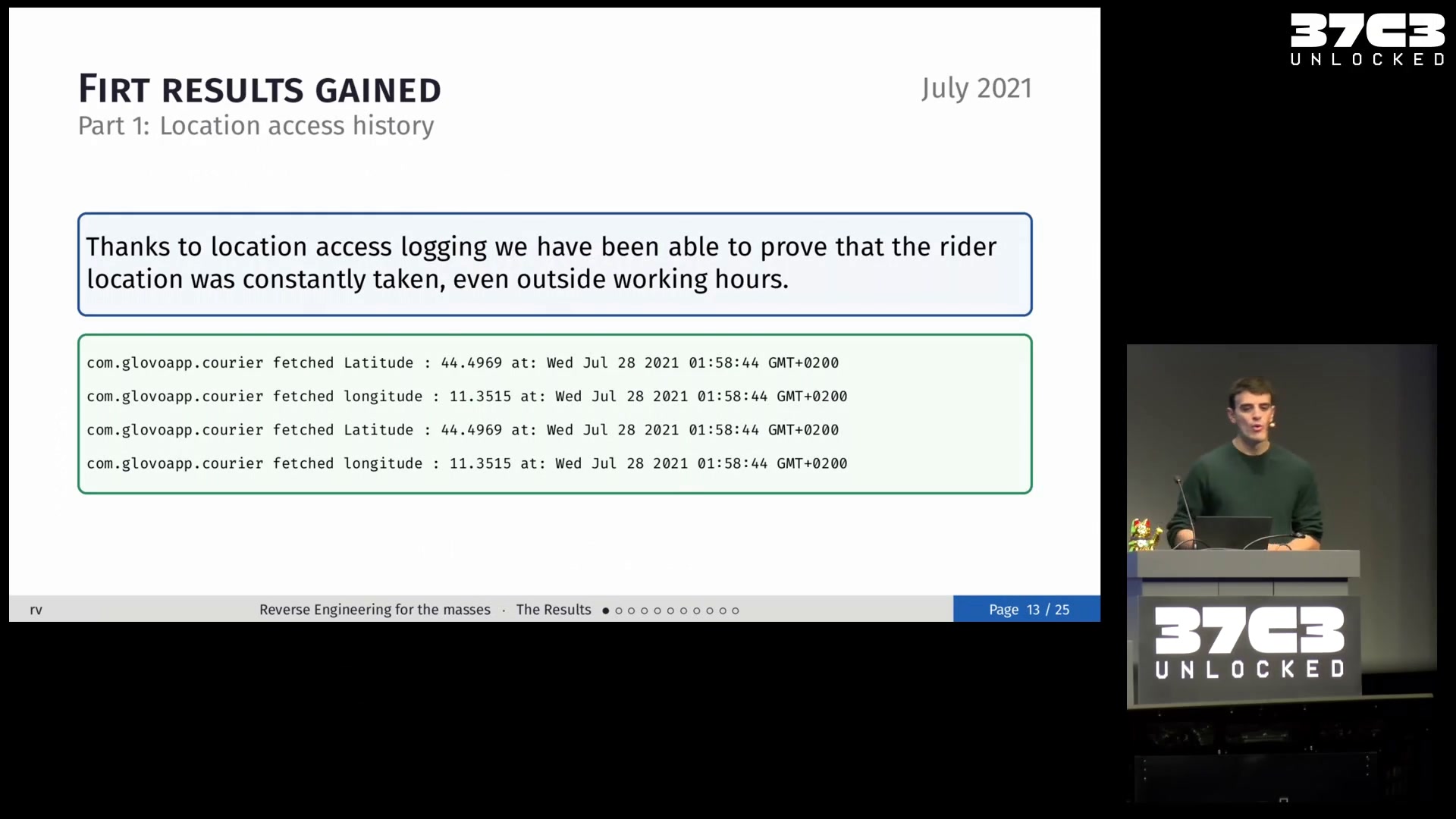

mastercard sends your transaction data live to banks. They sell your data to third parties for marketing, profiling and the likes. Credit score is the least of your problems.
I know because I developed a system, in a major European bank, enriching their transaction data with mastercard data for live, predatory marketing.































Months? You clearly haven’t tried Pyanodons.
Jokes aside, yeah, it would be a killer.